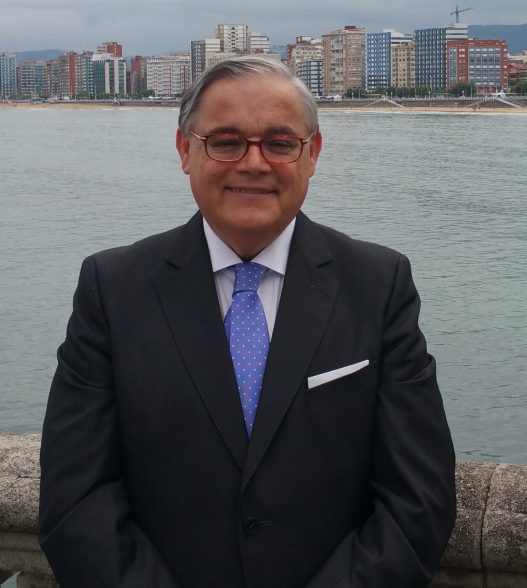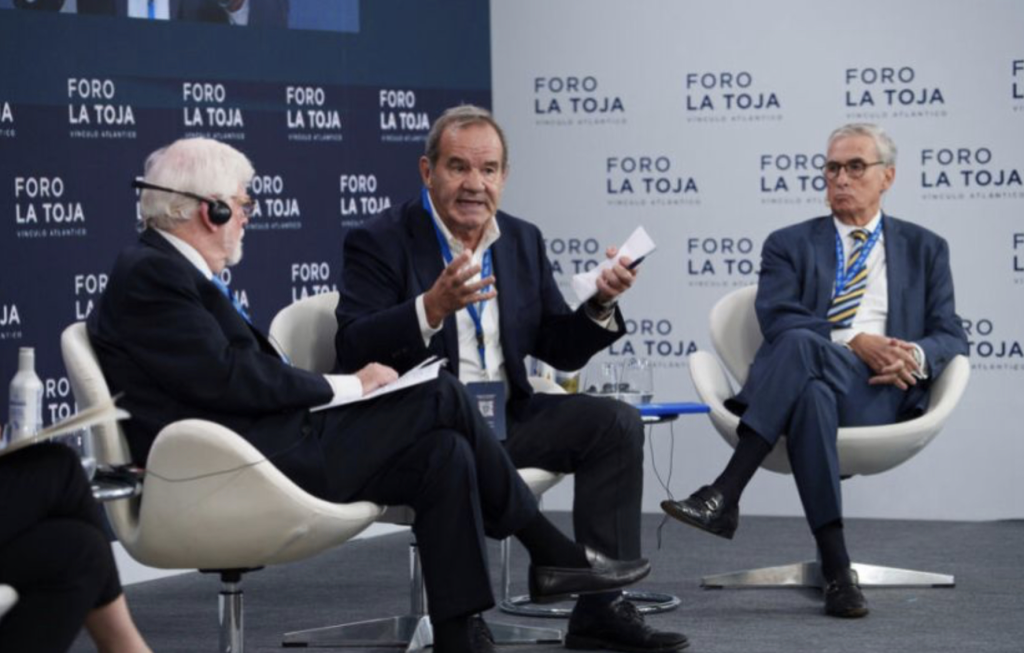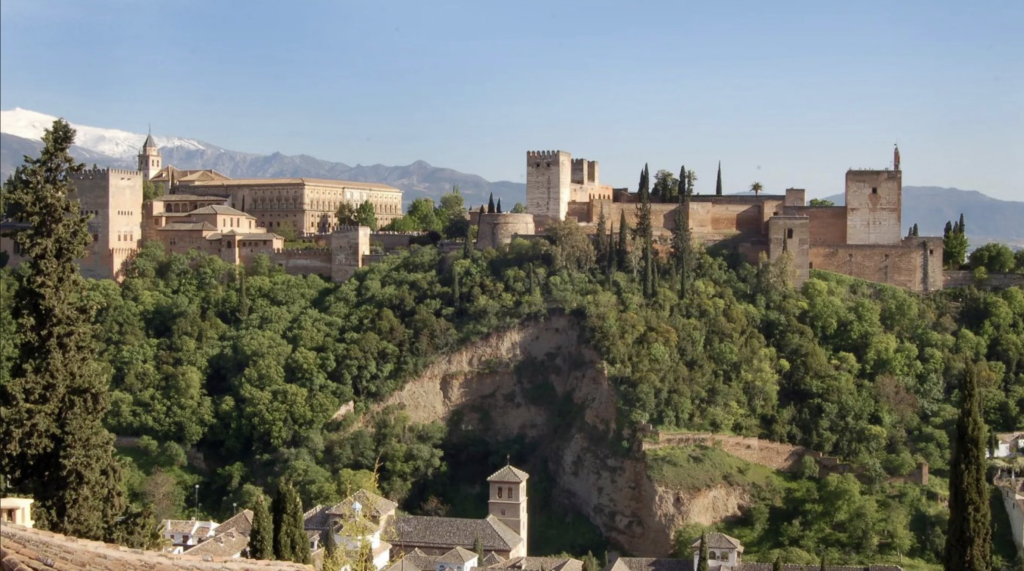ALBERTO BARCIELA
ABOUT ALFREDO CONDE

September 2023
He has a lot of Alaricano, which is his illustrious tribe, with a certain mixture of ourensanía, of which he is a favorite son, and youthful pontevedrés. He recounts everything in a splendid maturity in which, as he admits to me, the years are good to keep and, in a certain way, bad to bear.
After writing a lot -some forty thousand articles, many good novels and successful short stories-, being nominated on several occasions for the Nobel Prize, receiving awards such as the National Literature Prize, Nadal, Grinzane Cavour, Blanco Amor, Chito or Guimaraes, in journalism the Julio Camba, the Fernández Latorre and, on a social scale, the Critics’ Prize or the Castelao Medal; after being translated into Russian, Italian, Chinese, French or English, I know that Alfredo Conde is best understood in his refined baroque style, in his fluent Galician or Castilian, with a rich lexicon, in the Palladian Roman of his expressive freedom and in the narration of his forceful memory.
Alfredo Conde is capable of going through a biography of abyssal intensities, after navigating through three marriages, parliamentary seats, television boards of directors and of being, fundamentally, independent, even in his affiliations to communism or socialism, through the affectionate or complicit understandings of his left-wing father and the rants of his grandmother or his Francoist uncles, and even, if I may say so, emancipated from life itself when it is vulgar.
“There is no favorable wind for him who does not know to which port he is heading”, as Arthur Schopenhauer said. This is not the case of the sailor and author of books closely related to Eolo, such as the Griffon, a creature with the ability to live in the time and space he wants, or “Un Vento que pasa”, or the rain, or the multiple characters born of a prodigious imagination or of history itself.
Alfredo has passed through the Marquis of Sargadelos – what a beautiful title of that novel “Cobalt Blue” -, or Fraga, he has been a friend of Fidel Castro and has also been repudiated by him or by his cronies, and he has met so many writers, editors, intellectuals, politicians, artists, citizens… that it is not strange that he brings together something of all of them in his apparently fictitious characters.
No, Alfredo is not indifferent. Not in any case. His biography includes decisive and very important episodes in politics -with Alfonso Guerra as an ally and the friendship of Fernando González Laxe or Xosé Luis Barreiro or Portomeñe-; of Galicianism with Carlos Casares, Ramón Piñeiro or Sixto Seco; of Galician, Spanish and international culture -you can ask the office of Carmen Balcells or the Pen Club or the Cela Foundation or Mario Vargas Llosa, etc.-…. Because of his relevance, he is a main protagonist, not easy to understand at times, except for the translation of his close, affable manner, as befits a prodigal intelligence, generous almost always, often wounded.
Perhaps, on many occasions, Alfredo Conde has the feeling of being shipwrecked in himself, but he knows how to return to the safe harbor that is A Casa da Pedra Aguda, where he goes up and down stairs, walks through gardens, surrounds himself with art and finds the solitude, behind the high stone walls, of reflecting and writing -only accompanied by the love and care of his wife, daughters, grandchildren and friends, of art and books, especially when man needs to escape from the writer, the creator, from his own fantasies.
Now he has just returned to himself with his latest issue of Ézaro Ediciones -a great initiative of Alejandro Diéguez-, “A propósito de lo político”, which complements that of the literary and that of Fraga. I have just read it with delight, and I enthusiastically invite you to follow in my footsteps, to do so to discover that curtain that almost always separates the street from the palaces, the citizens from the leaders, and a good portion of the most recent history of Galicia. Be prepared to encounter a surprising truth, which I refuse to reveal here.
“I had the opportunity to meet crazy and happy beings, those who create worlds and inhabit them,” Alfredo Conde once wrote. I resort to the quote, to confess that he is undoubtedly one of those beings, of those who have known how to be and contribute. I am grateful for his friendship and his gatherings, even if we disagree on much or little, because the measure must never be fair or balanced, at least for others. Okay.
Alberto Barciela, a Spanish journalist, is vice president of EditoRed. This text is free to use. If you plan to use it, please cite EditoRed as the source.



